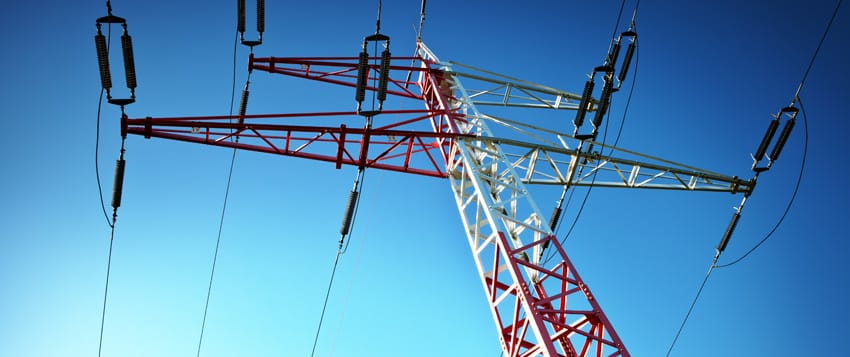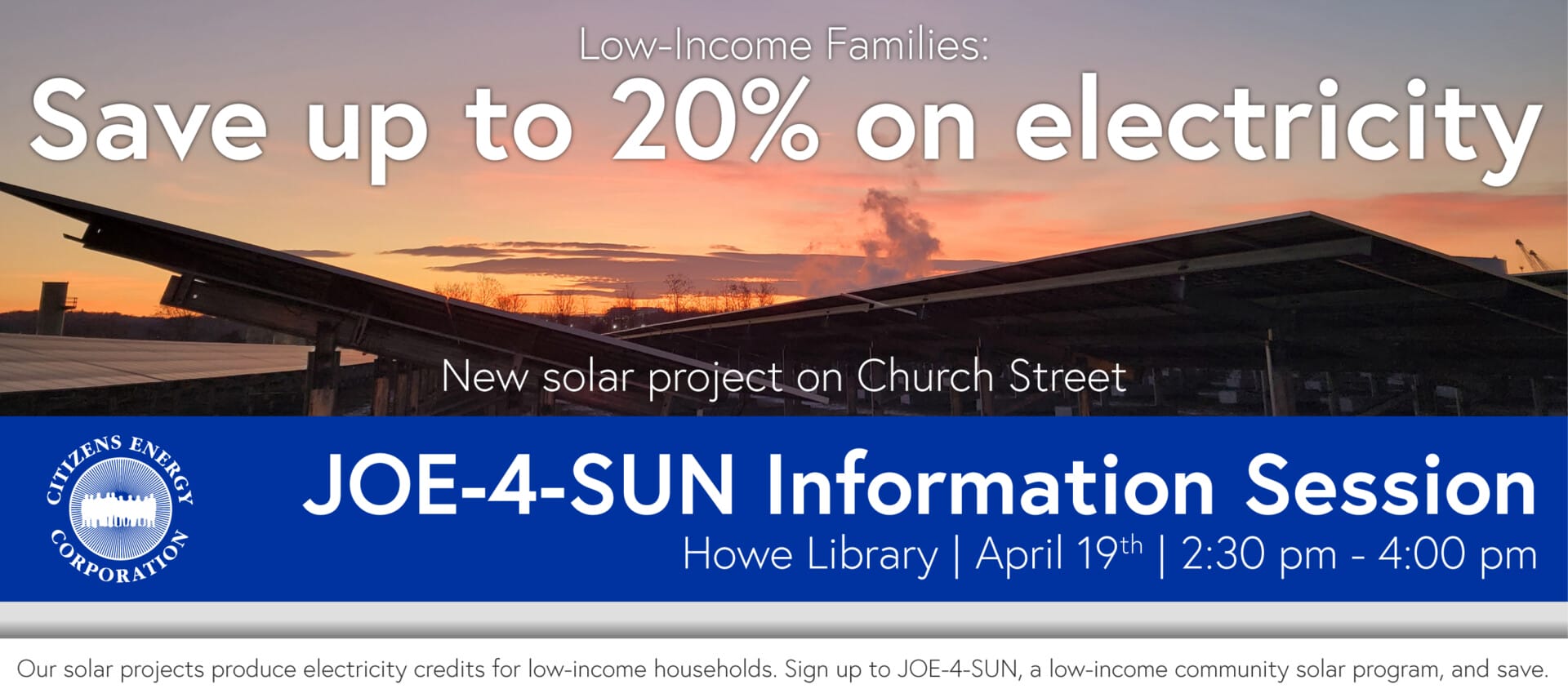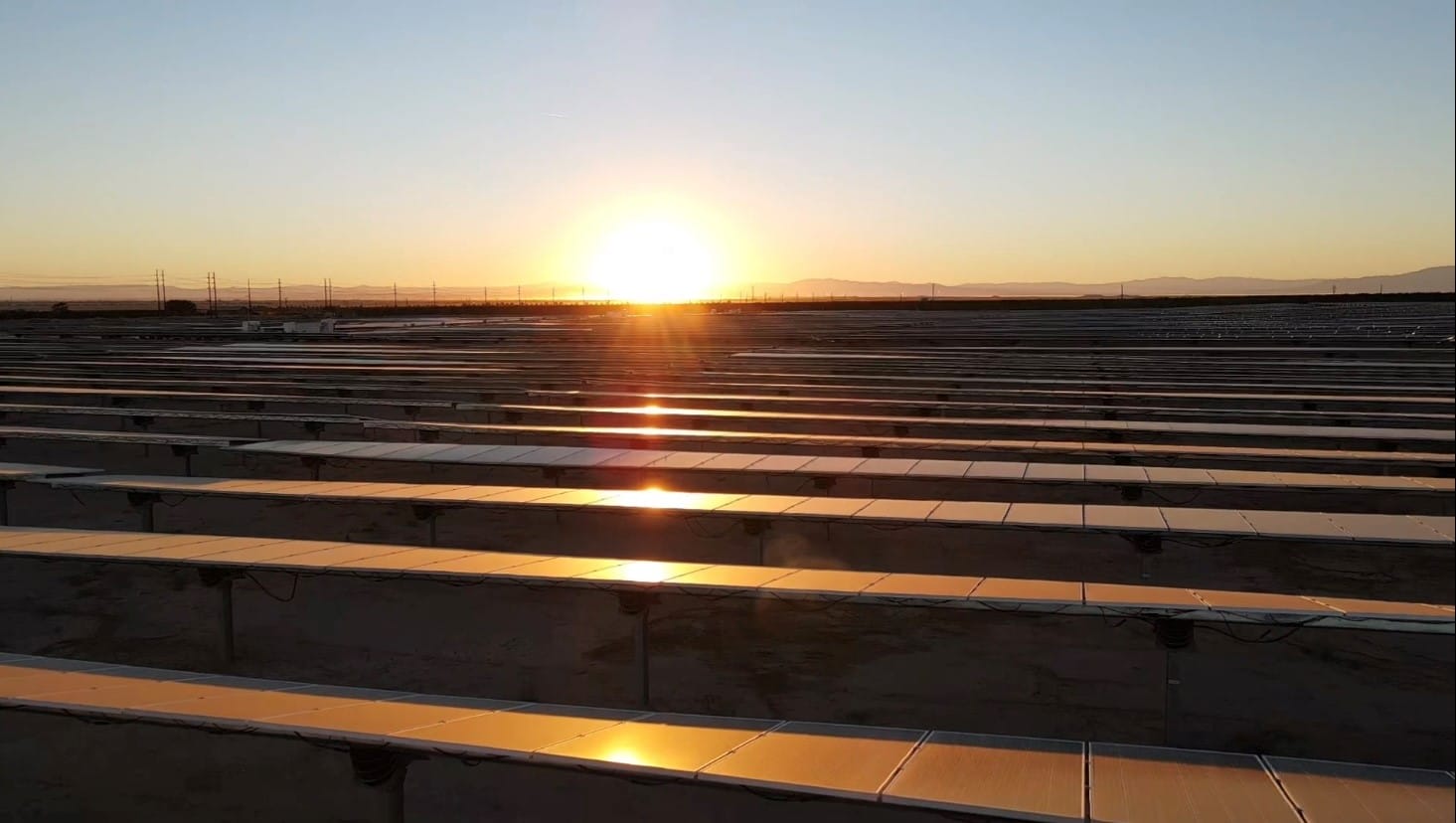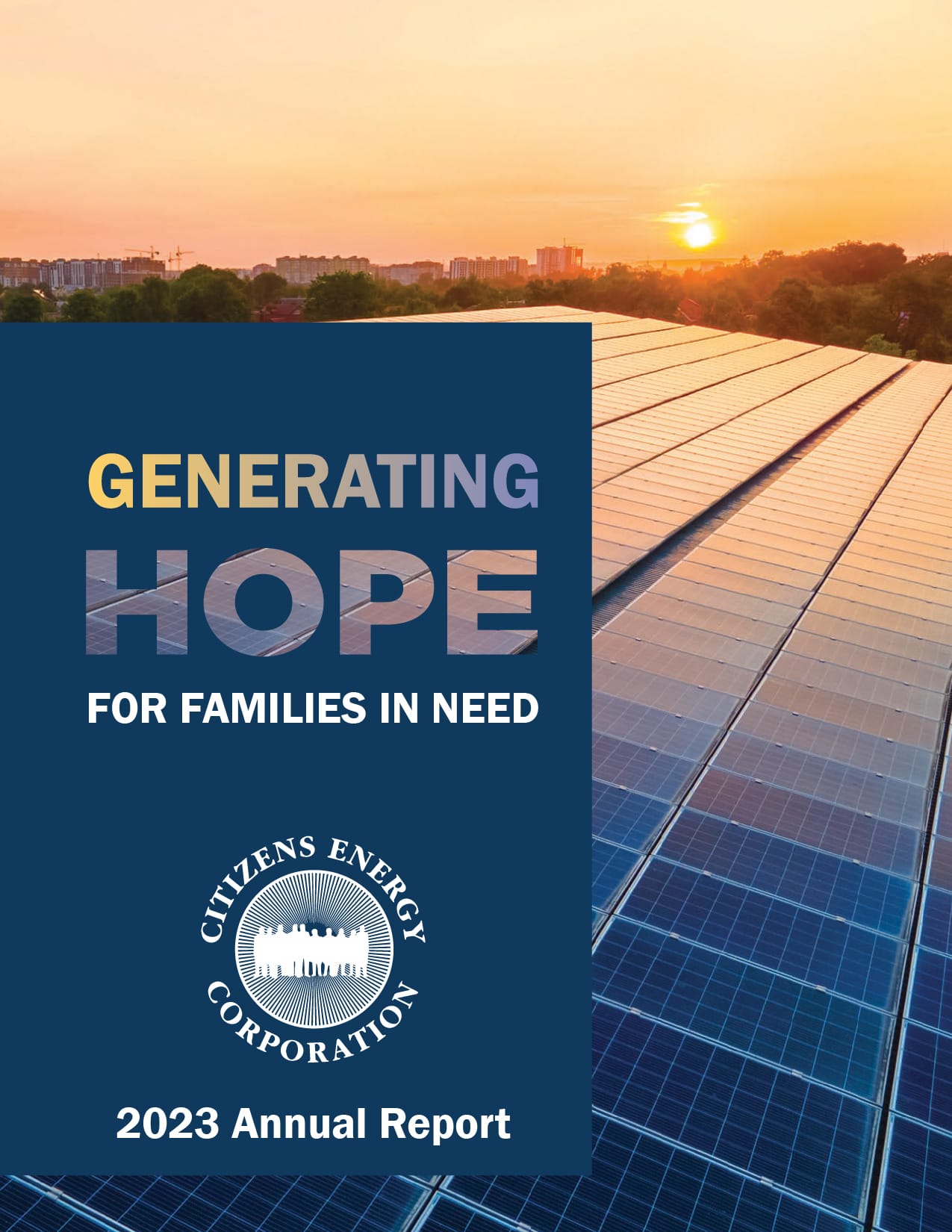PG&E, Citizens Energy Partnership Would Accelerate Essential Grid Work for Customers and Fund Energy-Related Charitable Programs

Program Would Support Clean-energy Investment in Disadvantaged Communities and Low-Income Households Across PG&E’s Service Area in Northern and Central California
Oakland, Calif., and Boston, Mass. – Pacific Gas and Electric Company (PG&E) filed today with the California Public Utilities Commission (CPUC) for approval of a transmission lease program with nonprofit Citizens Energy Corporation, which could invest as much as $1 billion through the program.
The program reflects PG&E’s commitment to tap nontraditional funding sources in an effort to keep customer bills as low as possible. It would allow PG&E to accelerate needed work on its electric system to further improve safety, reliability, capacity and infrastructure health, and to enable new interconnections to clean-energy projects that support decarbonization.
Citizens has committed to contributing a large share of its profits from the program to clean, reliable and affordable energy investments in low-income and disadvantaged communities across PG&E’s service area.
If Citizens invests the full $1 billion, it expects the program to generate hundreds of millions of dollars in charitable benefits over the lives of the leases.
The program is designed so that customers would pay no more for electric system work on the leased transmission assets than they would without the program.
“At PG&E, we have a responsibility to build a better future for everyone whose lives we touch,” said PG&E Corporation CEO Patti Poppe. “We’re committed to finding innovative and affordable new ways to ensure that the transformation of California’s energy system benefits all the state’s residents. We’re excited and honored to partner with Citizens to help some of our most vulnerable communities build resilience against climate change.”
Citizens President Joseph P. Kennedy III said the program will serve the nonprofit’s mission to support projects and programs that increase grid strength and decrease electricity costs.
“Our vision is a safe, reliable and clean energy system that leaves no one behind,” Kennedy said. “This partnership with PG&E will advance our march toward a just and equitable clean-energy transition. We look forward to working closely with local communities in need across PG&E’s service area to hear their ideas about the investments that would most benefit them.”
Program Details
Through the program, PG&E would offer Citizens options to lease portions of PG&E electric transmission assets. PG&E would offer five separate leases of 30 years each, for a total investment of up to $1 billion.
Citizens would make an upfront payment to PG&E as prepaid rent.
Citizens would lease the rights through a wholly owned subsidiary that would be a CAISO participating transmission owner. The nonprofit would recover the costs of its investments through the CAISO high-voltage Transmission Access Charge, after Federal Regulatory Energy Commission review and approval to ensure the costs are just and reasonable.
Citizens has committed to contributing 50% to start, increasing to 90%, of net after-tax profits from its investments in the program to low-income and disadvantaged communities in Central and Northern California in need of clean, reliable and affordable energy investments.
Based on the terms of the program, the transmission assets would remain under PG&E ownership and under the operational control of the California Independent System Operator (CAISO). PG&E would remain responsible for the development, design, permitting, engineering, procurement, construction and operations and maintenance of the relevant assets.
The program needs the approval of the CPUC and FERC.
Citizens Investments
Pending regulatory approval, PG&E and Citizens expect to close on the first lease option in early 2025, with up to four more to follow through 2030.
Citizens will cap the capital cost component of its FERC rate—an estimate of the rate PG&E would have charged customers without the program. And due to the size and structure of this program, Citizens has also agreed to forgo recovery from CAISO customers of its own development and administrative and general costs, among other costs.
The CPUC and FERC have approved two similar programs between Citizens and San Diego Gas & Electric (SDG&E)—the 117-mile Sunrise PowerLink transmission line, which connects SDG&E’s grid to renewable energy generated in the Imperial Valley; and the Sycamore-Penasquitos transmission line, which links two substations in San Diego via partially undergrounded lines for improved safety and reliability.
Citizens’ $85 million investment in Sunrise PowerLink is expected to generate $45 million for disadvantaged communities over 30 years, while its $27 million investment in Sycamore-Penasquitos is expected to result in $14 million in charitable funds over the same period.
A third project—an 18-mile upgrade to an Imperial Irrigation District transmission line that imports and exports power between California’s Imperial Valley and Arizona—is expected to be in service in spring 2024 and is expected to result in $18 million in charitable funds on a $40 million Citizens investment.
Citizens’ funds from those programs supported the development of a 39-megawatt community solar program to benefit 12,000 low-income customers of the Imperial Irrigation District.
About PG&E
Pacific Gas and Electric Company, a subsidiary of PG&E Corporation (NYSE:PCG), is a combined natural gas and electric utility serving more than 16 million people across 70,000 square miles in Northern and Central California. For more information, visit pge.com and pge.com/news.
About Citizens Energy Corporation
Citizens Energy Corporation is a Boston-based nonprofit founded in 1979 by former U.S. Congressman Joseph P. Kennedy II. Under his leadership as chairman, Citizens Energy has compiled a 45-year history of channeling revenue from successful energy ventures in oil, natural gas, electricity trading, energy efficiency and conservation, transmission, wind power, solar arrays, energy storage and microgrids to programs that help the underprivileged.
Citizens Energy owns and operates the largest low-income, community-shared solar project in the country, located in California’s Imperial Valley, as well as the largest program of its kind in Massachusetts, in keeping with its goal to make the renewable energy revolution accessible for all. For more information, visit citizensenergy.com.


